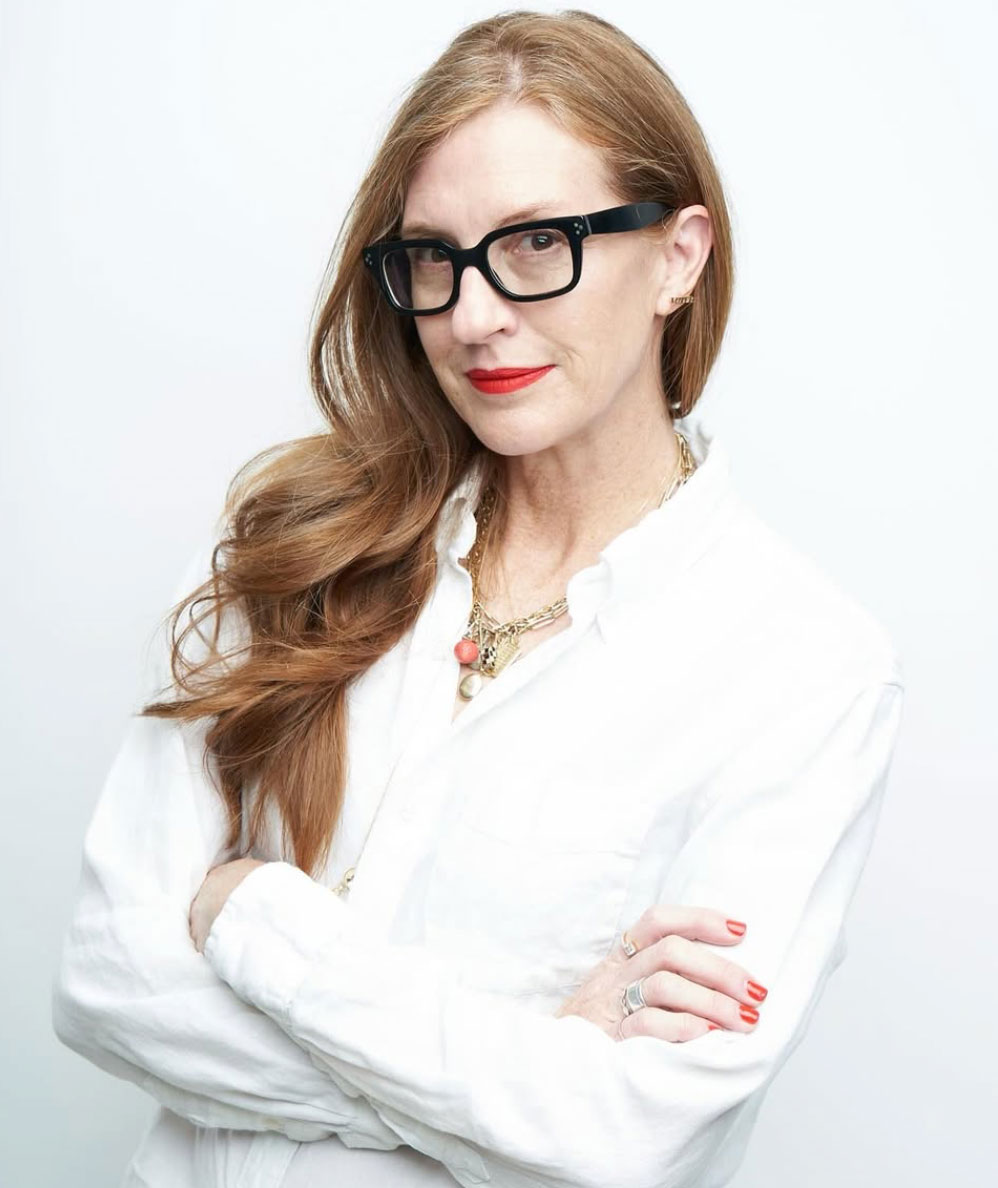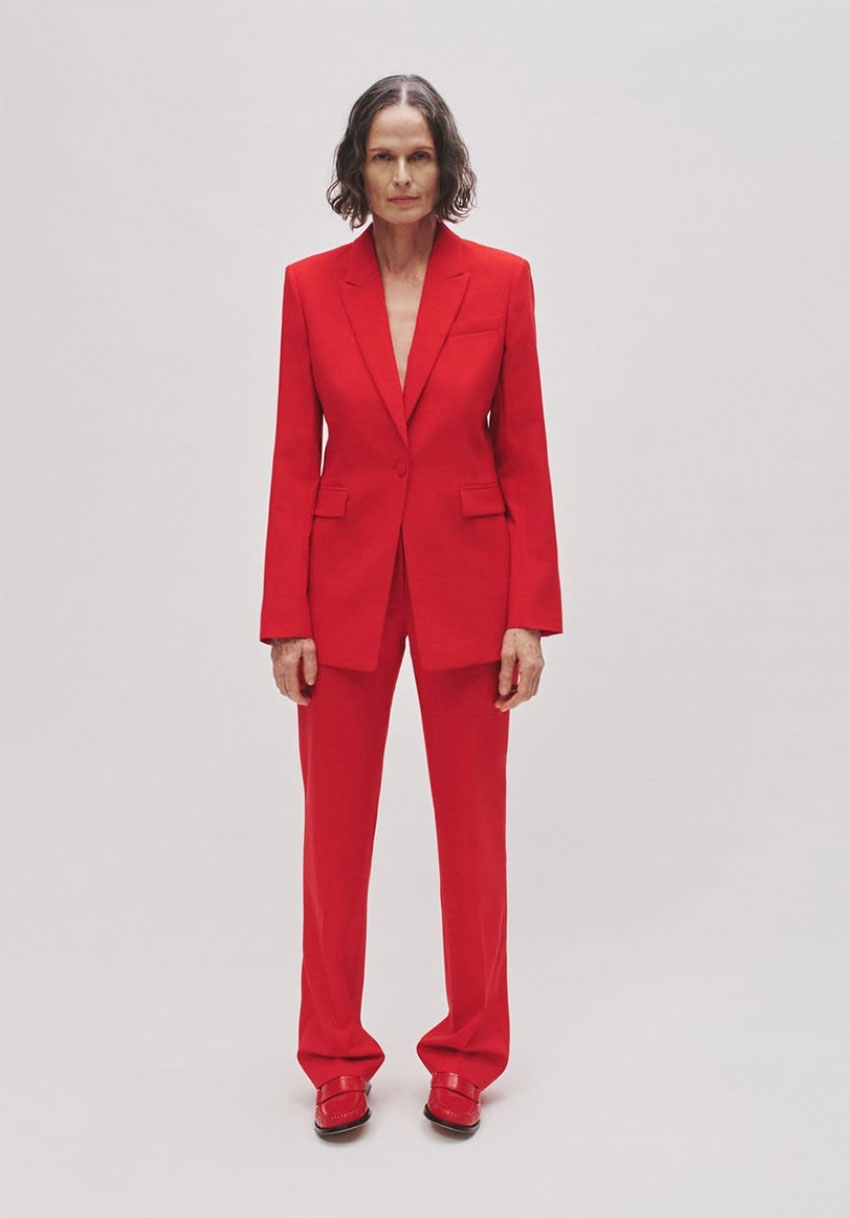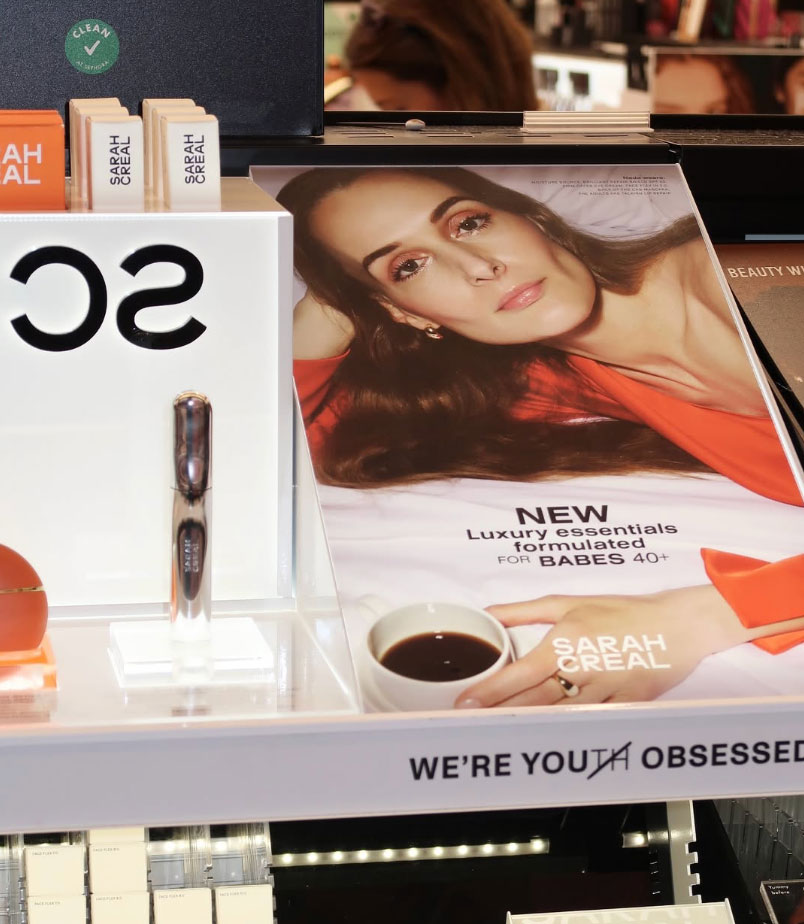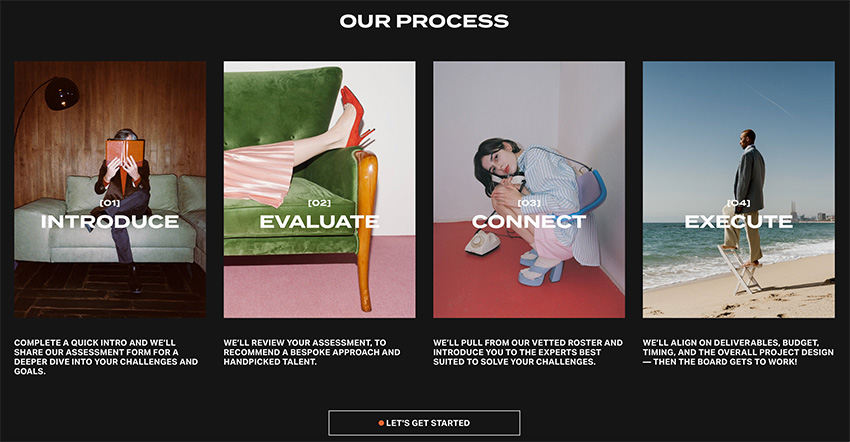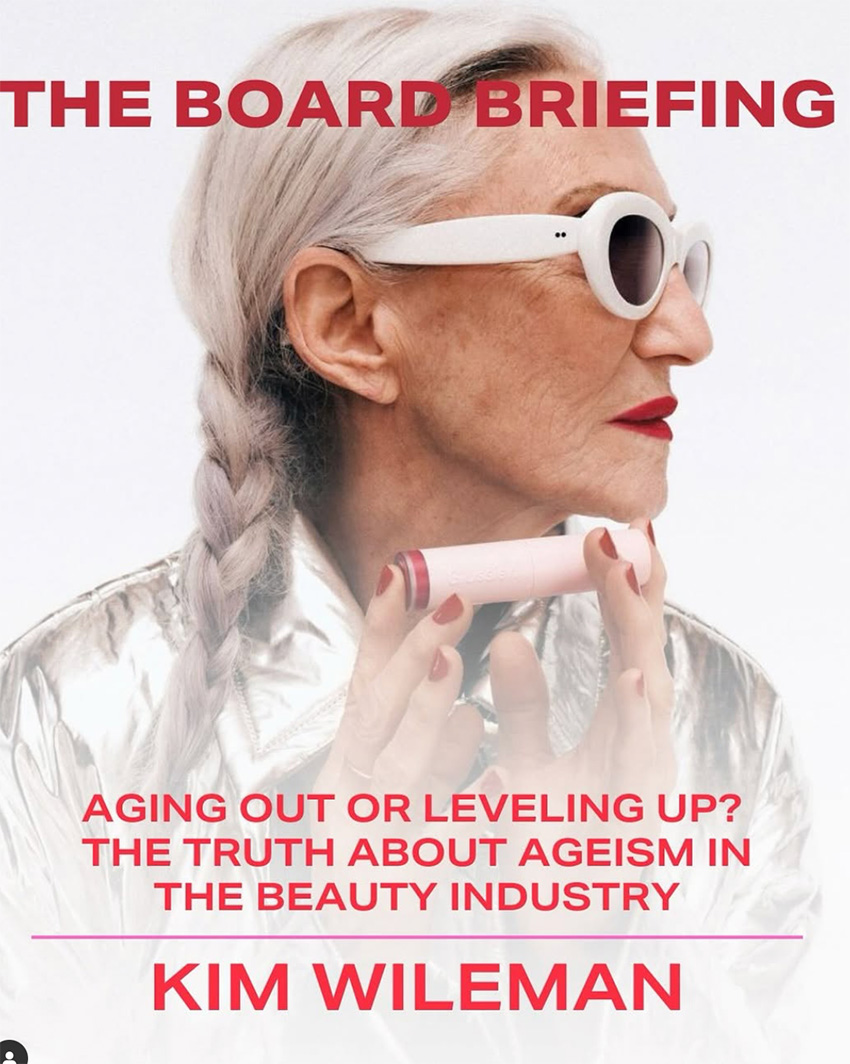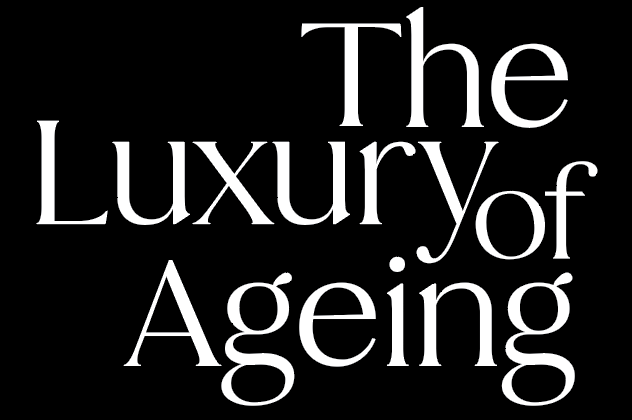April Uchitel’s career spans fashion, tech, beauty and wellness, constantly reinventing herself to stay ahead of market shifts. She helped Diane von Furstenberg achieve significant revenue growth, then moved into tech as Chief Brand Officer at Spring. As CEO of Violet Grey, she quadrupled sales and set the stage for acquisition. Now, as CEO and Co-Founder of
THE BOARD, she leverages the gig economy to create bespoke "dream teams" that help brands in fashion, beauty, wellness and tech adapt to evolving demands.
April has long advocated for designing bold products that cater specifically to older consumers, rather than broad, one-size-fits-all solutions. For her, real engagement means offering authenticity, precision and value to this more discerning demographic.
In our conversation, April shares her thoughts on the future of wellness and beauty, particularly as longevity-focused products and science gain prominence. We also discussed the changing workforce, the gig economy and how brands can combat age bias in hiring, as well as the importance of tapping into the expertise of senior talent to drive impact in today’s rapidly evolving market.
